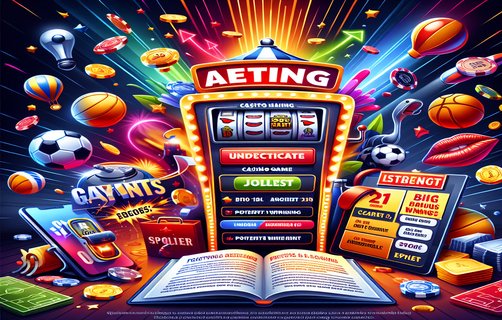Enhancing User Experience in Ludo: A Comparative Analysis of Key Features

In the world of board games, Ludo stands out as a classic that has captivated players for generations. While the essence of the game remains unchanged, player experience can significantly differ based on several factors. This analysis delves into various aspects of user experience in Ludo, comparing elements such as slow playing, loss limits, and strategic approaches like Thunderkick and hit-and-run strategies.
Slow Playing: One of the primary frustrations in any multiplayer game, including Ludo, is slow playing. This occurs when players take an excessive amount of time to make decisions, causing a bottleneck that disrupts the flow of the game. In a comparative evaluation, Ludo platforms that incorporate timers can enhance user experience significantly. Timers encourage players to make quicker decisions, fostering a more dynamic and engaging environment. Conversely, platforms without such features can lead to disengagement and irritation among players, ultimately detracting from the fun. The use of timers, therefore, serves as a pivotal factor in determining the overall user experience in Ludo.
Loss Limits: Establishing loss limits is another factor that can enhance user experience. In online gaming scenarios where Ludo may intertwine with betting or stakes, players appreciate the option to set limits on losses. This feature not only protects players from excessive losses but also promotes responsible gaming. Platforms that incorporate loss limits demonstrate a commitment to player welfare, fostering a sense of safety and security. In contrast, Ludo experiences that lack such protocols may create anxiety among players regarding their financial exposure, which can hinder enjoyment of the game.
Thunderkick: The term Thunderkick refers to an aspect of gameplay that can be considered a thrilling twist to the traditional Ludo experience. This feature could involve unexpected bonuses or changes in game dynamics, delivering excitement in otherwise predictable matches. Platforms that successfully implement Thunderkick elements can draw in players who are looking for an invigorating experience, as these unexpected turns can create memorable moments within the game. Thus, the presence of such dynamic features can elevate user engagement compared to more static game implementations.
Poker Tournament News: While not directly related to the Ludo gameplay itself, integrating features like poker tournament news or updates can enhance user engagement by creating a community atmosphere. Ludo platforms that provide insights or news related to popular games, including poker tournaments, cater to a broader gaming audience. This not only keeps players informed but also encourages them to return to the platform frequently. In contrast, Ludo experiences lacking social or community-related features may feel isolated and less engaging for players who enjoy connecting with other gamers.
Hit and Run Strategy: This strategic approach, which involves making quick, aggressive plays followed by defensive maneuvers, can dramatically alter user experience in Ludo. When players adopt hit-and-run strategies, the pace of the game shifts, and the competitive tension heightens. Platforms that encourage strategic gameplay—whether through tutorials or community discussions—enhance the overall experience by promoting deeper tactical thinking among players. Without such encouragement, players may resort to monotonous playstyles, which can lead to a less engaging gaming experience.

Short-Handed Play: The dynamics of playing with fewer players—short-handed play—can also significantly affect user experience. In a traditional Ludo setup, having four players is standard, but playing with fewer individuals can lead to faster games and potentially more strategic interactions. Platforms offering flexibility in player count usually enhance the experience, as they cater to different social settings and player preferences. Conversely, platforms that rigidly stick to traditional formats may alienate players seeking quicker, more adaptable gaming experiences.
Direct Deposits: For those integrating monetary aspects into their Ludo games, direct deposits offer a seamless financial experience. The availability of such a feature can significantly ease player transactions, enhancing user experience through convenience. Players who can quickly deposit funds and engage in Ludo without delays are more likely to enjoy the game and participate regularly. The absence of efficient deposit mechanisms can hamper gameplay, causing frustration and potentially leading to player drop-off.
In conclusion, the user experience in Ludo relies heavily on various factors, from game speed and strategic options to financial features and community engagement. Embracing innovative features like timers, loss limits, and dynamic gameplay elements can significantly enhance player enjoyment and retention. Ultimately, Ludo platforms that prioritize these aspects will likely stand out in the competitive gaming landscape, fostering a vibrant community of enthusiastic players.
